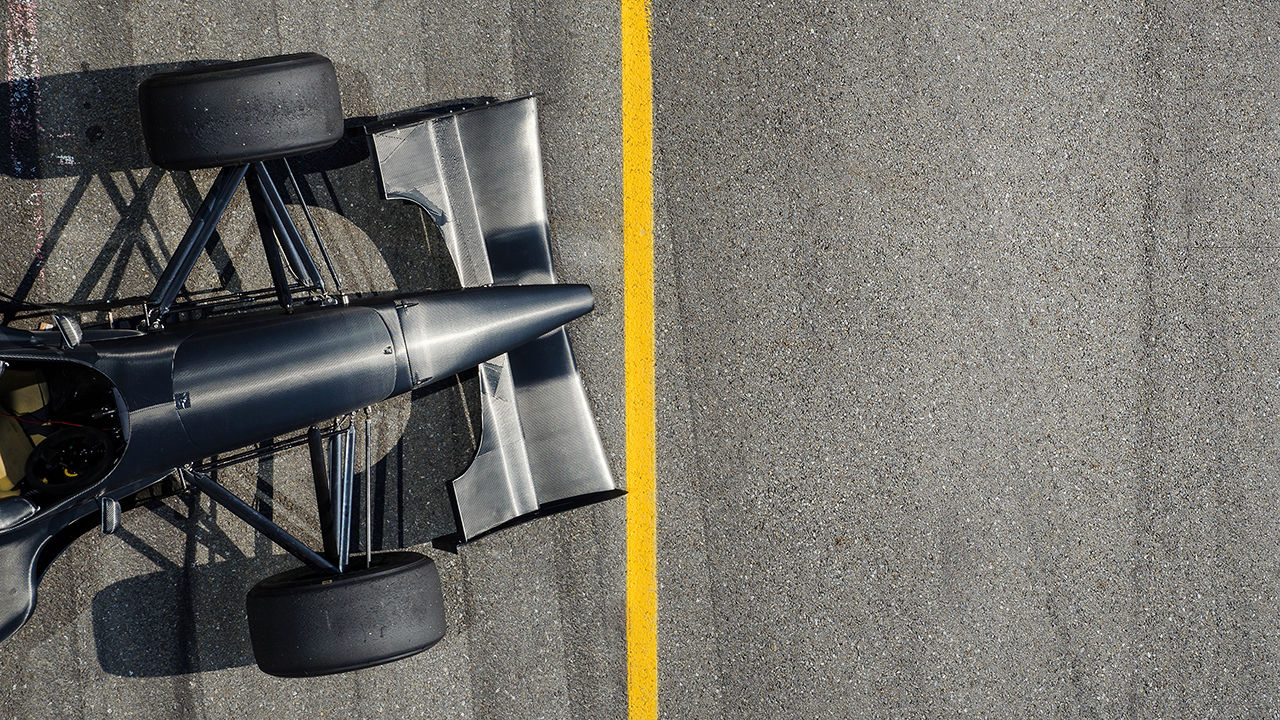Unexpected Lessons About Innovation From Formula One Teams
What does a winning Formula One driver have in common with a business leader? Each counts speed, agility, precision, and teamwork as essential parts of their toolkit for success.
Many believe that in order to truly succeed, great leaders need to add innovation to their skill sets, especially when disruption of the status quo has become part of the parlance of achievement. Think about how many times a new business will compare itself to a disruptor like “the Warby Parker of this” or the “Uber of that.”
Yet new research from Ohio State University suggests that radical innovation doesn’t always spell success.
The study, published in Organizational Science, looked at data from more than 49 teams over the course of 30 years of Formula One racing. The researchers analyzed the amount of innovation each team incorporated each year and compared it to their race performance, paying particular attention to when the FIA, Formula One’s independent governing body, made changes to the rules of racing.
The researchers discovered that the teams who made the most radical changes—disrupting previous norms for race cars—weren’t usually the most successful on the course.
Related: The 4 Leadership Traits That Translate To Success
“The conventional wisdom that companies need to embrace change is often wrong,” said Jaideep Anand, co-author of the study and professor of strategy at The Ohio State University’s Fisher College of Business.
Like the tech industry, Formula One racing relies on innovation to make the vehicles perform better, while its regulatory body, the FIA, changes the rules of racing to ensure that driver safety is on par with such technological advances.
It’s the same way the car service startups Uber and Lyft—clearly industry pioneers—have been regulated by local and state governments. Indeed, most businesses face regulatory change at some point in their existence.
“Teams sometimes believed that the more the rules changed, the more they had to change along with them,” Anand said in a statement. “But we found that small, incremental improvements were often better than big changes.”
In Formula One, the researchers found that when sweeping changes were made to the rules, the resulting freedom to innovate caused problems for the racing teams. That’s because F-1 isn’t just about the car, just like a business isn’t just about one product or service.
It’s an entire ecosystem made up of people and systems that need to work in concert in order to succeed. Making big changes to the vehicle, for example, without factoring in the resulting impact on other parts of team, could spell disaster.
Related:The One Leadership Skill That Impacts Overall Success
The researchers point to 2009 as an example. It was the year when the FIA approved the use of an energy-efficient technology that would recycle otherwise wasted heat and turn it into power for acceleration. Faster equals better for race cars, right?
But the solution wasn’t so straightforward. Incorporating the new device made the car weightier, changing the way it handled for the driver. Once the device was installed on the car, the driver had no choice but to relearn how to drive with the added weight. The Formula One teams that incorporated new technology were then forced to change every aspect of the way they handled the race.
That didn’t stop the majority of teams from adding it to their vehicles.
At the end of the season though, the two teams that didn’t incorporate the new technology finished ahead of those who did. Anand noted, “You don’t always get an advantage by moving first,” suggesting that change initiatives fail when they mimic the proverbial clean sweep.
In the tech industry, Fast Company reported how this played out with Ubisoft. With dozens of studios all over the world, and revenue exceeding $1.6 billion, game developer Ubisoft is no stranger to innovation on every platform. But the company learned the hard way that pushing too hard into unfamiliar markets didn’t pay off.
A toy gun with light sensors called “Battle Tag” was a “big disaster” because the company was adding hardware to its area of expertise—software. Like the Formula One teams that opted for the totally new tech, the push went completely away from the familiar.
Ubisoft’s CEO, Yves Guillemot, said at the time: “Don’t increase difficulty. Don’t multiply the new things you have to learn.” Rather, Guillemont points to pushing boundaries with a product that his team already knew quite well. The difference came through capturing a new segment of the market.
The researchers subsequently found that incremental innovation worked best for Formula One teams. The ones that let new strategies emerge by observing what existed and then adapting, set their teams up for sustainable and progressive innovation.
They observe that like some Formula One teams, some older, more established businesses will seek agility to prove their standing in existing markets. “But if you have a firm that has grown and prospered, you have traded innovation and constant change for efficiency and reliability,” Anand writes, “Those can be real advantages, too.”
Fast Company , Read Full Story
(28)














